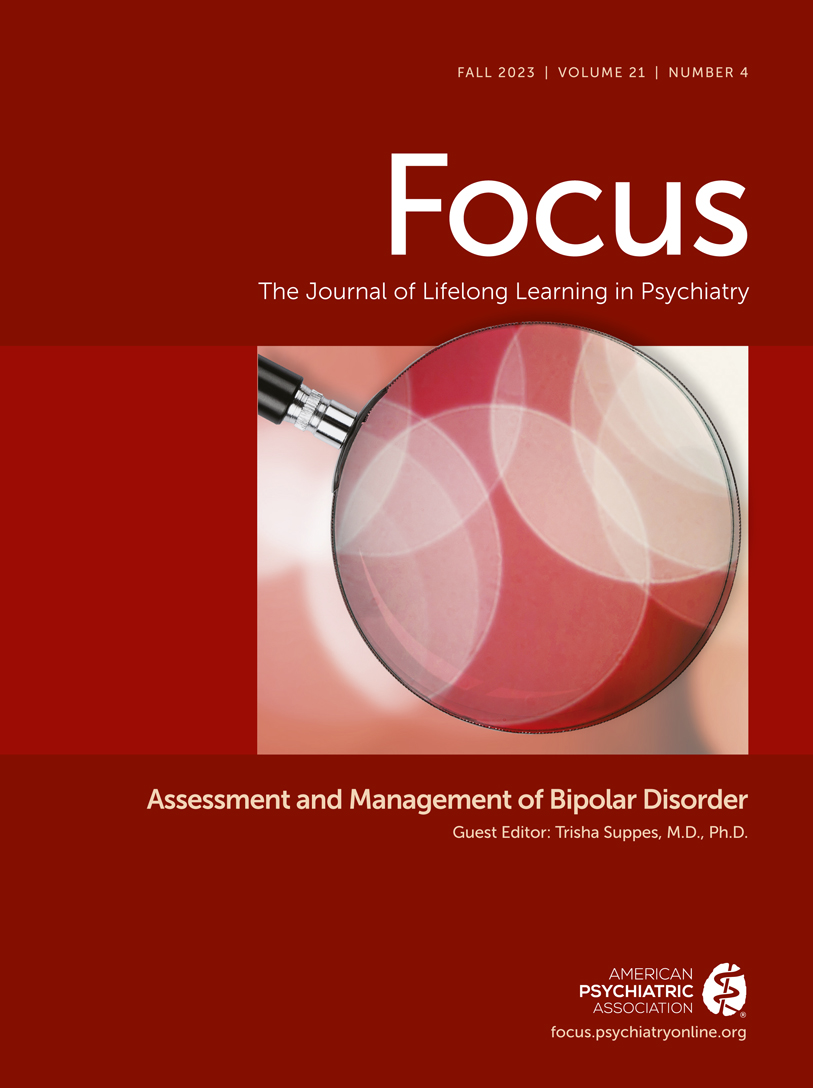Prevention of Suicidal Behavior in Bipolar Disorder
Abstract
Background:
Excess mortality is a critical hallmark of bipolar disorder (BD) due to co-occurring general medical disorders and especially from suicide. It is timely to review of the status of suicide in BD and to consider the possibility of limiting suicidal risk.
Methods:
We carried out a semi-systematic review of recent research reports pertaining to suicide in BD.
Findings:
Suicide risk in BD is greater than with most other psychiatric disorders. Suicide rates (per 100,000/year) are approximately 11 and 4 in the adult and juvenile general populations, but over 200 in adults, and 100 among juveniles diagnosed with BD. Suicide attempt rates with BD are at least 20 times higher than in the adult general population, and over 50 times higher among juveniles. Notable suicidal risk factors in BD include: previous suicidal acts, depression, mixed–agitated-dysphoric moods, rapid mood-shifts, impulsivity, and co-occurring substance abuse. Suicide-preventing therapeutics for BD remain severely underdeveloped. Evidence favoring lithium treatment is stronger than for other measures, although encouraging findings are emerging for other treatments.
Conclusions:
Suicide is a leading clinical challenge for those caring for BD patients. Improved understanding of risk and protective factors combined with knowledge and close follow-up of BD patients should limit suicidal risk. Ethically appropriate and scientifically sound studies of plausible medicinal, physical, and psychosocial treatments aimed at suicide prevention specifically for BD patients are urgently needed.
Reprinted from Bipolar Disord 2021; 23:14–23, with permission from John Wiley and Sons. Copyright © 2021
Access content
To read the fulltext, please use one of the options below to sign in or purchase access.- Personal login
- Institutional Login
- Sign in via OpenAthens
- Register for access
-
Please login/register if you wish to pair your device and check access availability.
Not a subscriber?
PsychiatryOnline subscription options offer access to the DSM-5 library, books, journals, CME, and patient resources. This all-in-one virtual library provides psychiatrists and mental health professionals with key resources for diagnosis, treatment, research, and professional development.
Need more help? PsychiatryOnline Customer Service may be reached by emailing [email protected] or by calling 800-368-5777 (in the U.S.) or 703-907-7322 (outside the U.S.).



